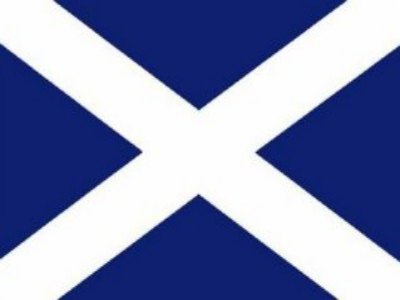Scottish Income Tax Too Complex
Published / Last Updated on 15/12/2017

Scottish Income Tax Too Complex.
Many will be aware that the Scottish government has control over setting its own income tax bands and rates. To date, Scotland has maintained parity with the rest of the UK. The Scottish Draft Budget for 2018/19 has been published and the long awaited announcement on tax relief and bands is here:
From 6th April 2018, Scottish Income tax rates will be as follows:
Earnings
£0 - £11,850 = 0% Income Tax (*Personal Allowance)
Starting Rate: £11,851 - £13,850 = 19% Income Tax (Band £2,000 @ 19%)
Basic Rate: £13,851 - £24,000 = 20% Income Tax (Band £10,150 @ 20%)
Intermediate Rate: £24,001 - £44,273 = 21% Income Tax (Band £20,273 @ 21%)
Higher Rate: £44,274 - £150,000 = 41% Income Tax (Band £105,727 @ 41%)
Additional Rate: Over £150,000 = 46% Income Tax on all above this
*The Personal Allowance of £11,850 is reduced by £1 for every £2 you earn over £100,000. Therefore, if you earn £123,700 you have no personal allowance (this is the same in the rest of the UK). For Scotland, what this means is if you earn £123,700 or more, all your income is taxed starting at 19% and then upwards in the above bands.
How Scottish Income Tax Works
There is a reduction of 10% in the normal rates of national/UK income tax for residents of Scotland. So, 'national' income tax is reduced but in addition the Scottish Parliament sets an additional Scottish rate of income tax (SRIT) that is paid to Scotland's government via HMRC.
From 2018 UK National Income Tax rates will be: Basic rate income tax 20%, Higher rate income tax 40% and Additional rate income tax 45%. In Scotland these 'National' rates are reduced by 10% to Basic rate income tax 10%, Higher rate income tax 30% and Additional rate income tax 35% and then Scotland then sets its own SRIT as follows:
- Starter Rate income tax 10% + 9% SRIT = 19%
- Basic rate income tax 10% + 10% SRIT = 20%
- Intermediate rate income tax 10% + 11% SRIT = 21%
- Higher rate income tax 30% + 11% SRIT = 41%
- Additional rate income tax 35% + 11% SRIT = 46%
Tax Breaks
The above tax increases make it even more important for you to plan any pension contributions for tax relief purposes.
£33,000 Same Tax
The Scottish government suggest that anyone earning £33,000 or less will pay income tax than the rest of the UK. That is the reality and anyone earning more than £33,000 will pay more income tax than the rest of the UK which they claim will be used to replace UK budget cuts and more money for the NHS.
Our view
We appreciate the sentiment but this has simply made the system more complex. We hear all too often, not just in Scotland, but the whole of the UK about tax simplification, pension simplification and more. Scotland has just moved from 4 tax bands to 6 and also presents some anomalies for pensions and tax relief.
What about pensions?
Questions that we do not have the answers for yet such as: Will a 19% tax payer still get 20% tax relief on pension contributions? How will that work – if you pay “net” into a personal pension by direct debit, 20% relief is added to your contribution e.g. You pay in £80 and you get £20 added at source by the pension company to make it up to £100 gross. However, if your employer runs a ‘net pay’ pension scheme, this means that your pension contribution is deducted from your pay before tax and you technically get tax relief as your tax pay is lower (i.e. the pension payment has already been deducted. E.g. £100 pension deducted off gross pay, means your taxable earnings are lower and if you are in the 19% tax band, you technically only receive 19% tax relief on the gross pension payment. The reverse can be said for a 21% tax payer, where you would be better off in a ‘net pay’ pension arrangement rather than paying direct debits into a personal pension. Trivial we know, but as we suggest, it just makes financial planning in Scotland more complex.